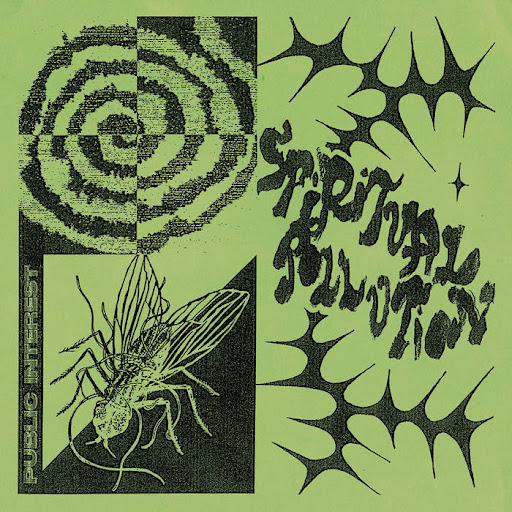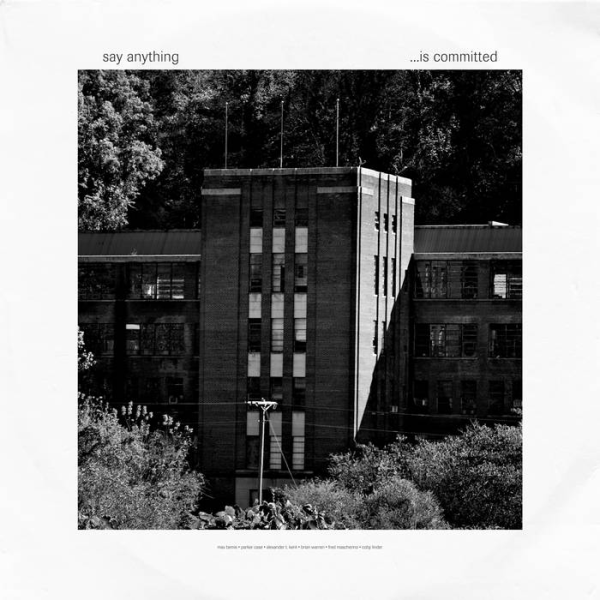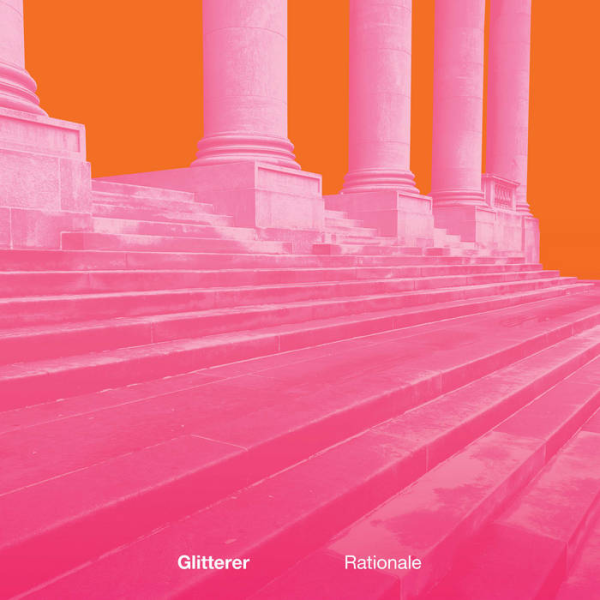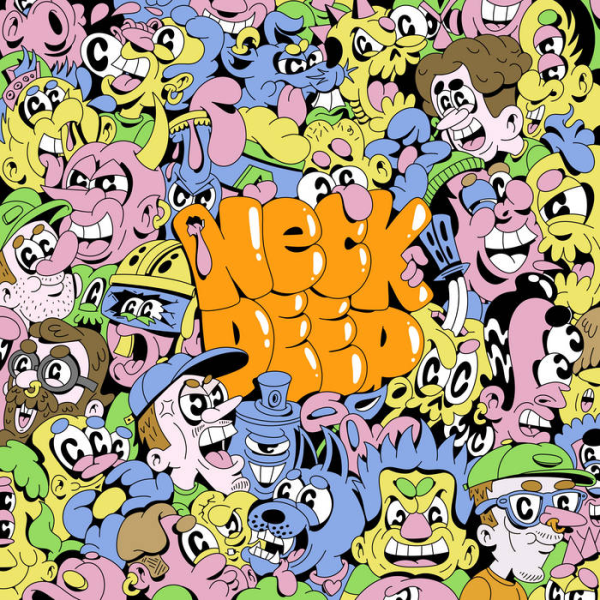Public Interest’s “Spiritual Pollution” Review
Oakland-based post-punk group Public Interest have recently (April 7th) released their first full-length LP, “Spiritual Pollution,” and have proven themselves worthy of a following.

spiritual-pollution
The album features eight songs and clocks in at just under twenty-six minutes. Though recent years and months have seen a revival of many alternative subgenres, this one, I think, is a first of its kind. Vocal monotony, use of echo, heavy bass to bring down the mood, are all commonplace and, modernly, are often used as a distraction from a lack of substance, in my opinion—however, this is certainly not the case with this record, which pulls from synth-pop and proto-punk to set its foundations.
Chris Natividad, by whom the record is written and recorded, moved from a previous post-punk project, Marbled Eye, to form Public Interest, which started as a solo project and blossomed into a full-fledged band soon after. Listening back through his old work, it’s clear that he is a diamond in the rough, and that all his art deserves more recognition. The way that he uses instruments as well as his voice is reminiscent of many older bands that helped to pioneer the genres under which Public Interest could be categorized, such as Sonic Youth and Echo & the Bunnymen.
As the opening track and the band’s most popular, “Undone” fades into synth-y nihilism, much like its predecessors. The bassline is prominent and carries our singer through his dark thoughts. “Falling Ash” discusses climate change and natural disaster, namely the wildfires and droughts that continue to sweep through the band’s home of California. “Is carelessness or nature to blame?” Natividad wonders and gives us an instrumental break soon after to think for ourselves. The title track, “Spiritual Pollution,” is arguably the record’s strongest, with powerful overlapped vocals and a building of energy from beginning to end.
A callback to founding genres of alternative and goth music is refreshing as the industry continues to oversaturate with many taking advantage of a subculture that’s gaining some more mainstream traction than it’s seen in recent decades.







